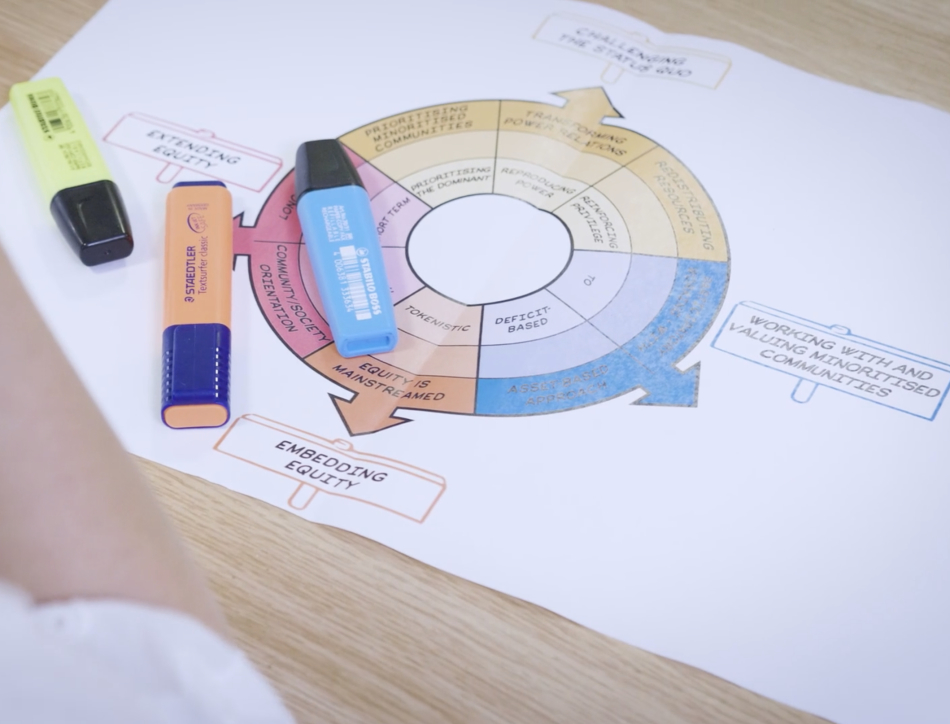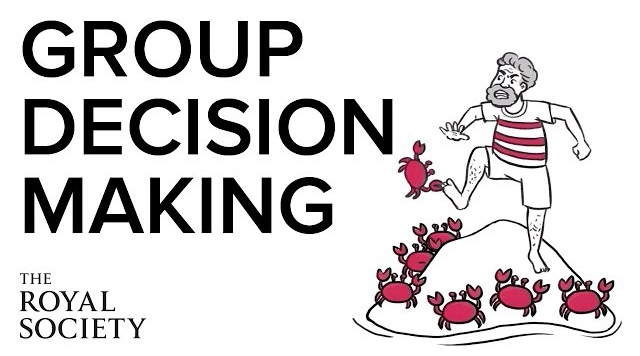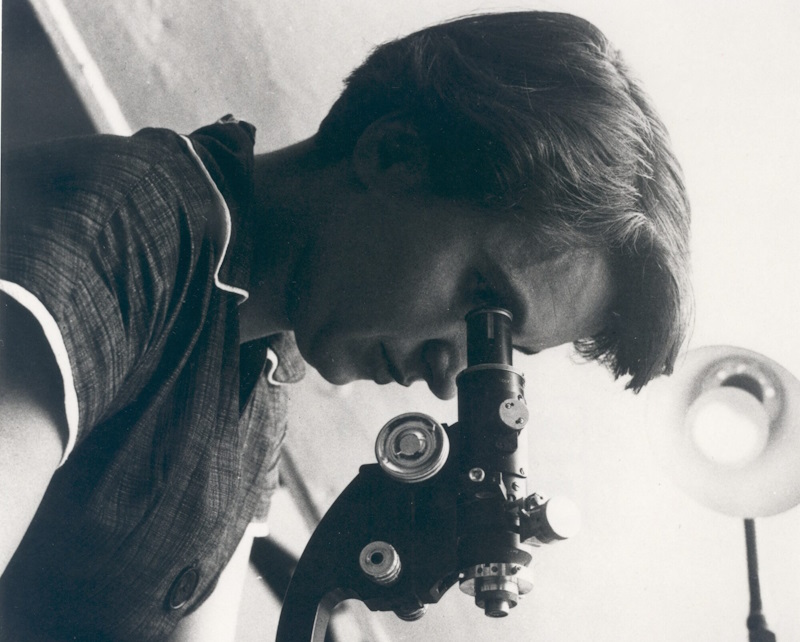Why does diversity and inclusion matter for science?
Diversity is an essential part of the Royal Society’s mission to recognise, promote and support excellence in science, and to encourage the development and use of science for the benefit of humanity. A diverse and inclusive scientific community that brings together the widest range of talents, backgrounds, perspectives and experiences, maximises scientific innovation and creativity, as well as the competitiveness of the UK scientific industry.
Yet, the science, technology, engineering and mathematics (STEM) sector in this country is not as diverse as it could be as shown in many reports including those commissioned by the Royal Society. We want science education and careers to be open to all and to create a research and innovation sector that is inclusive and welcoming.
As the UK’s national academy of science, engineering, technology, and mathematics (‘STEM’), the Society is committed to increasing diversity in science by embedding diversity and inclusion into its activities and organisational culture, and by encouraging the participation of excellent scientists from under-represented groups in the wider research community.











.jpg)








